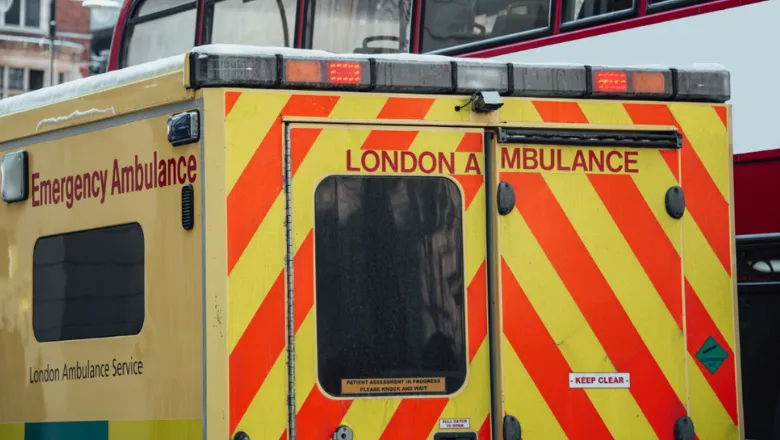An OOHCA is a condition with a very high mortality and has been identified as a priority condition by NHS England. Several societies now suggest that all patients should be transferred to specialist centres for emergency treatments. However, this is associated with longer transit times and increased pressure on ITU bed capacity."
Dr Nilesh Pareek
22 August 2022
Study seeks to improve care for out of hospital cardiac arrest patients
The RAPID-MIRACLE study will allow paramedics to personalise patient care by accurately testing them for brain damage following an Out of Hospital Cardiac Arrest (OOHCA).

A new study that seeks to personalise care for patients that have experienced an OOHCA is due to launch and begin recruiting participants this month.
The RAPID-MIRACLE study, led by Dr Nilesh Pareek (Adjunct Senior Lecturer at King’s College London and Consultant Cardiologist at King’s College Hospital), will enable paramedics at the scene of an OOHCA to use a scoring system to test patients for brain damage. Strategic decisions about immediate care the patient receives will then be informed by their overall score.
A cardiac arrest is when the heart suddenly stops pumping blood around the body and is a life-threatening medical emergency. The brain can quickly become starved of oxygen and survivors of cardiac arrest unfortunately often sustain brain damage. If someone has a cardiac arrest in hospital, they may be saved by the specialised treatment on hand. However, there are around 60,000 OOHCAs every year in the UK and they have a strikingly low survival rate of only 10%.
The ‘MIRACLE2 score’ – the scoring system created and validated by Dr Pareek and his team – is already in use in hospitals across the UK and Europe and is due to be incorporated into national guidelines. The RAPID-MIRACLE study will now enable paramedics to use MIRACLE2 to gather important information at the scene of an OOHCA so they can assess the best course of patient outcome as quickly as possible.
Understanding patients' risk of brain injury in the community at the time of recovery from the OOHCA might enable us to understand which patients to transfer directly to heart attack centres for urgent heart procedures or instead prioritising brain protective measures.”
Dr Nilesh Pareek
Extensive collaboration has been key, with every hospital in London and the London Ambulance Service onboard to support the study. Around 500 participants are hoped to be recruited over the course of the next 15 months, with around 80% of OOHCAs across the whole of London expected to be recruitable. A specialised ethical approval process has been undertaken to ensure the recruitment process of these critically ill patients meets the high standards of the Health Research Authority.

